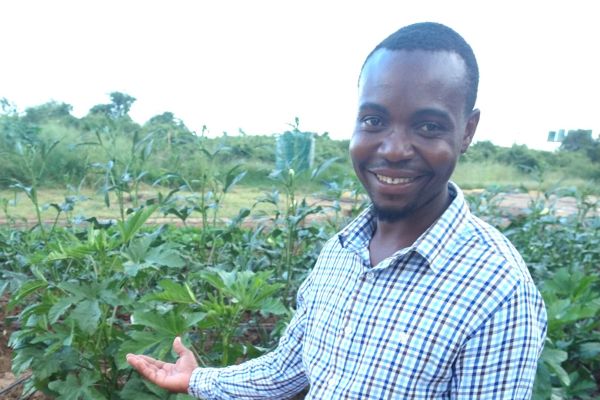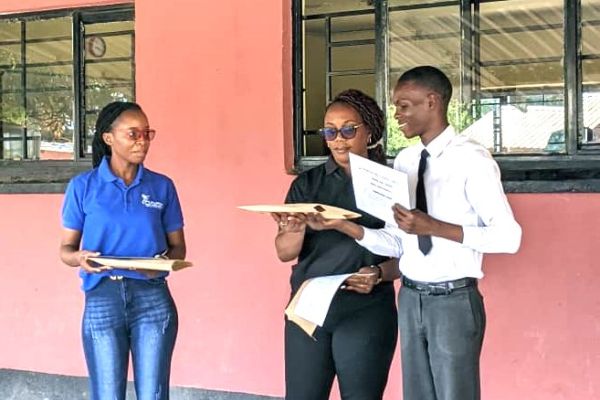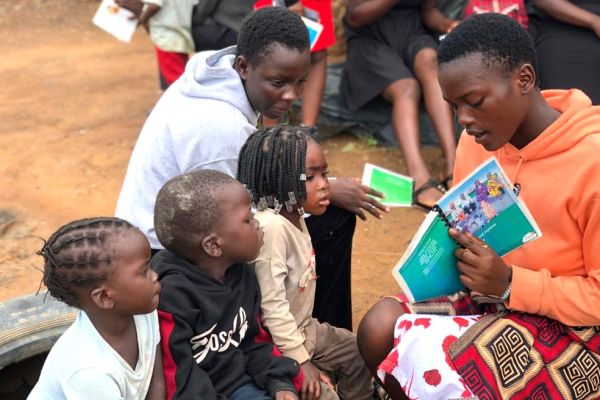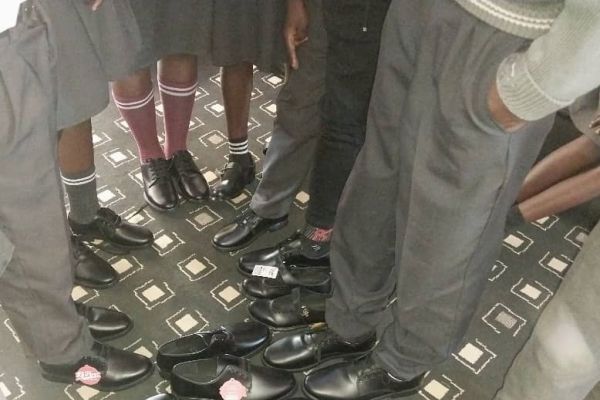A quick summary of 2024
In January, a cholera epidemic delayed the start of the school year for six weeks, so there were very short breaks between terms for the rest of the year to make up the lost learning time.
When school was eventually allowed to open in late February, increased numbers meant we had to buy another 40 desks and sets of textbooks.
In March, after almost no drinking water for six months, we managed to dig an 80-metre borehole in and install a solar pump with eight panels. It was wonderful to have drinking water again – and to be able to irrigate our crops.
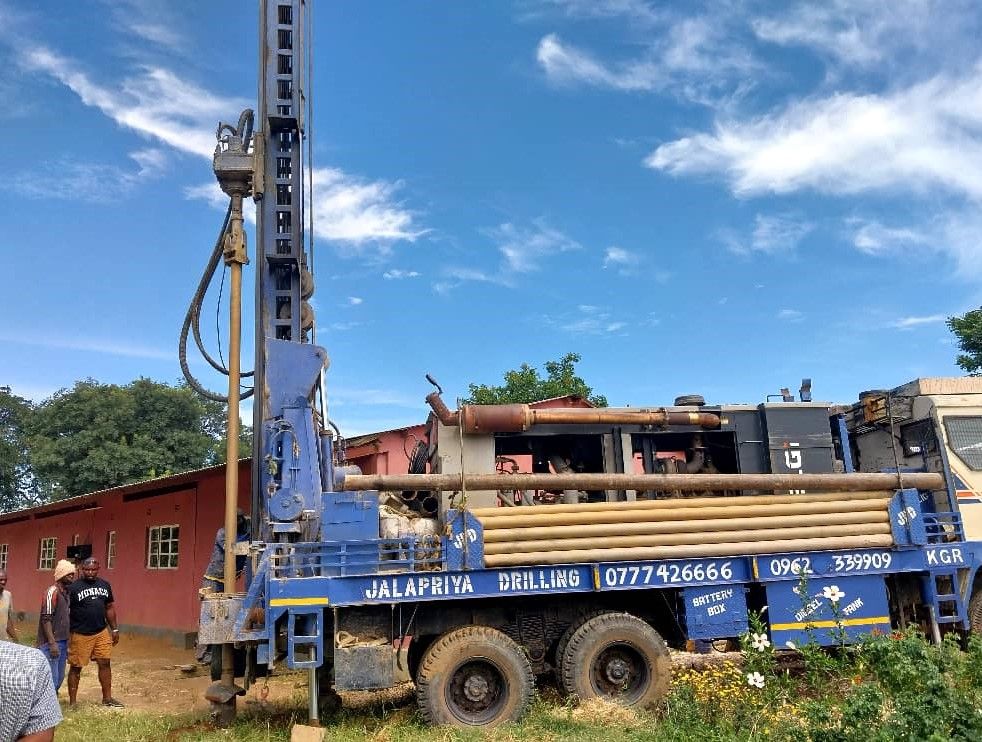
In April, we launched a new ‘adult learning’ programme of evening classes, but April & May were challenging months.
Our finances were frozen for eight weeks when our bank became insolvent. We eventually recovered all but K30,000 – and learnt a lot about ‘making do’ in those difficult months.
In June, we installed a gas range in our school kitchen and moved from cooking over charcoal braziers to using a gas-range powered by bottled gas. This made life much easier and healthier for our catering team.
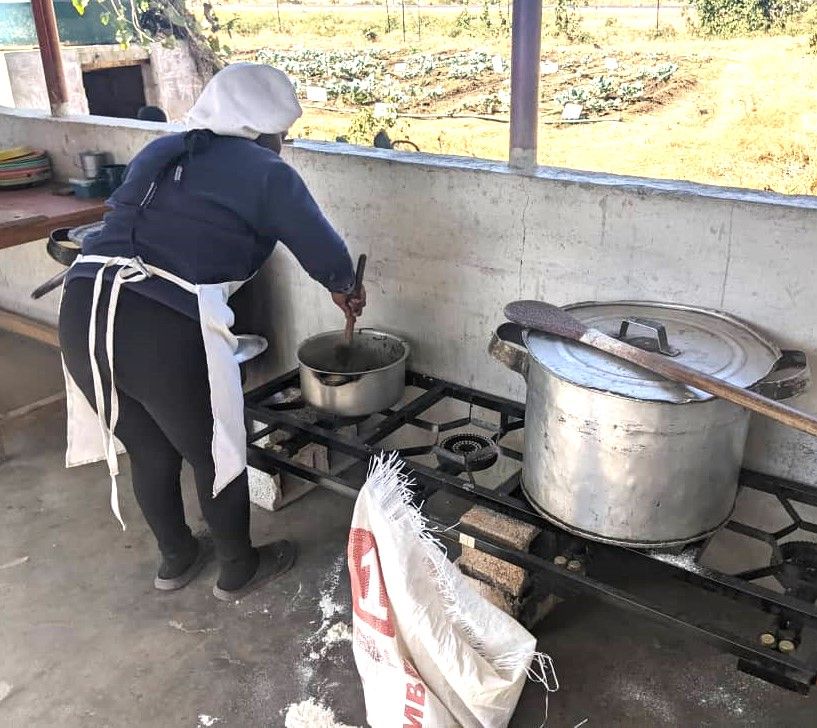
Sadly, we were visited by thieves in July. They stole a large sum of money and did a great deal of damage in the process. This was disturbing and distressing for our staff – and created obvious financial difficulties.
Then, in the dry cool months of August & September, we painted the outside walls of most of our buildings ‘Mukwashi Red’, used the leftover materials from the housing project to upgrade our kitchen and main office, and replaced all the louvre windows in our upper secondary block with stronger and more secure windows.
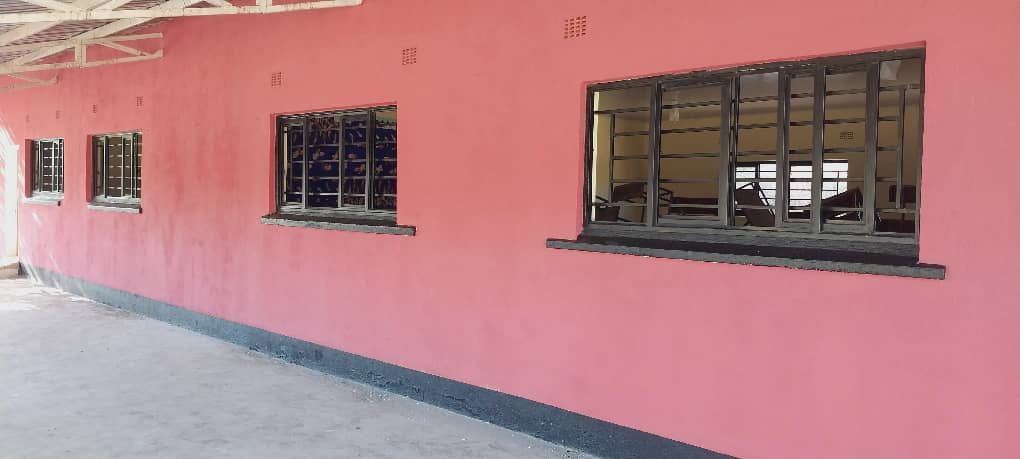
We were focused on exams through October & November, with the largest numbers of candidates in our history, and on completing as much work as possible on our new staff houses before the rainy season inevitably slowed the work.
Some staff had a well-earned rest in December, but our senior staff were focused on their professional development studies at a university in Lusaka. Once Christmas was over, it was full steam ahead on preparing for the new academic year.
Latest news
Your ‘regular gift’ will fund our ‘Free Places’
All ‘regular gifts’ (monthly, quarterly or annual donations) are used to fund the 55 free places and 20 ‘half-price’ places we provide for local children who live with the most acute disadvantages. They are orphans or their family income is less than £25 ($30 / €28) per month.
A free place covers all the costs of a child’s food, travel, books, materials, equipment, trips, tuition and a pair of new, good-quality school shoes. To provide all this costs us an average of about £20 ($28 / €24) per month for each child.
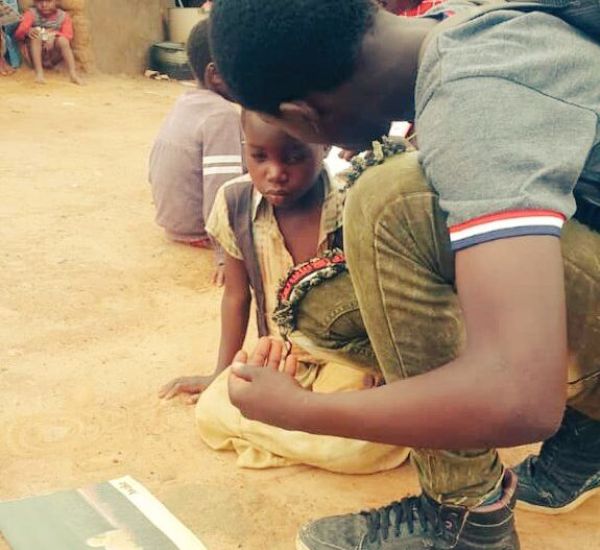
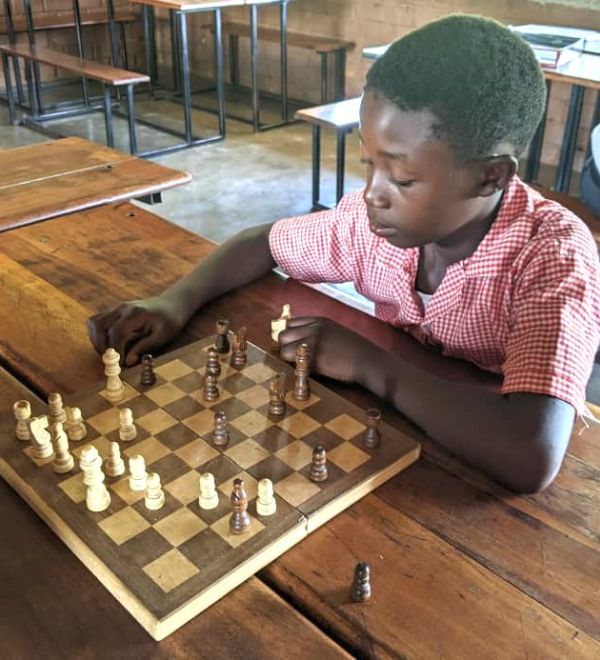
Introducing our learner Isaac
Isaac is an energetic and lively twelve-year-old boy who is currently in grade seven.
He’s the last born in a family of seven children and lives with both his parents in conditions of acute poverty.
The only thing to match his energy is his enthusiasm for maths and social studies. Isaac tels everyone he wants to be a soldier in the Zambian army when he grows up.


